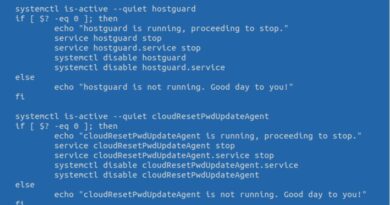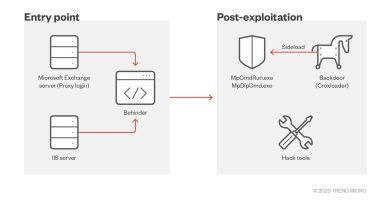Ensuring Secure Container Deployments with Image Signature Verification

Ensure policy-driven verification at deployment
Integrated into the admission control phase, container image signature verification allows you to enforce signature verification as part of your container security policies. You can configure image validation rules during deployment to ensure compliance before workloads are admitted into the cluster.
Gain granular control and flexibility
Define verification methods, manage signature attestors such as key pairs, and set match and/or exclusion rules based on image sources, names, or labels. This flexibility allows tailored policies for different environments, use cases, or risk profiles.
Enable support for multi-key verification
Enable multiple signature validations per image to satisfy the needs of development, security, and operations (DevSecOps) teams. Each team can independently sign off on an image, ensuring accountability and reducing deployment risk.
Implement an enforcement-first approach
Enforce policy rules to block unauthorized or unsigned images from being deployed, preventing supply chain threats and reducing the attack surface of your production environment. Non-compliant images are rejected before reaching runtime.
Harness flexible policy management
Configuration is available through a web console UI for ease of use or policy-as-code (YAML/JSON) for DevSecOps pipelines. This enables both interactive management and CI/CD integration.
Visibility & Auditability
Gain full visibility into verification events with logs, metrics, and alerts to support compliance audits and incident investigation.
Container image signature verification brings together security, usability, and operational efficiency, helping organizations adopt a zero-trust approach to container deployments and build trust in their software supply chain.
Customer Benefits
Strengthen supply chain security
Prevent the deployment of tampered or untrusted container images, reducing the risk of software supply chain attacks and ensuring that only verified code runs in production
Improve policy flexibility across teams
With support for multiple signatures per image and customizable rules, organizations can tailor policies to meet the unique needs of DevSecOps teams—enhancing collaboration without sacrificing security.
Accelerate incident response and compliance readiness
Built-in logging and audit trails improve visibility and accountability, helping customers quickly trace security incidents and simplify compliance with standards like NIST, ISO 27001, PCI DSS, and HIPAA.
Integrate seamlessly into CI/CD pipelines
Whether managed via web UI or policy-as-code, the solution supports automated enforcement in DevOps workflows, enabling secure deployments without slowing down innovation.
Reduce risk to production environments
Enforced blocking of unauthorized images ensures that misconfigurations or attacks—such as cryptojacking and lateral movement via unverified images—are stopped before they impact critical systems
Conclusion
Image signing and runtime verification are essential safeguards in securing the software supply chain and reducing the risk of container compromise. At Trend Micro, we developed a custom image verification solution that verifies signatures at the container lifecycle—an approach we detail here, including how we sign and encode image payloads for deployment integrity.
Implementing image signature verification strengthens container security by ensuring only trusted, untampered images are deployed. By adopting tools and building a robust end-to-end verification process, organizations can significantly improve their security posture and maintain trust across containerized environments.
Read More HERE





